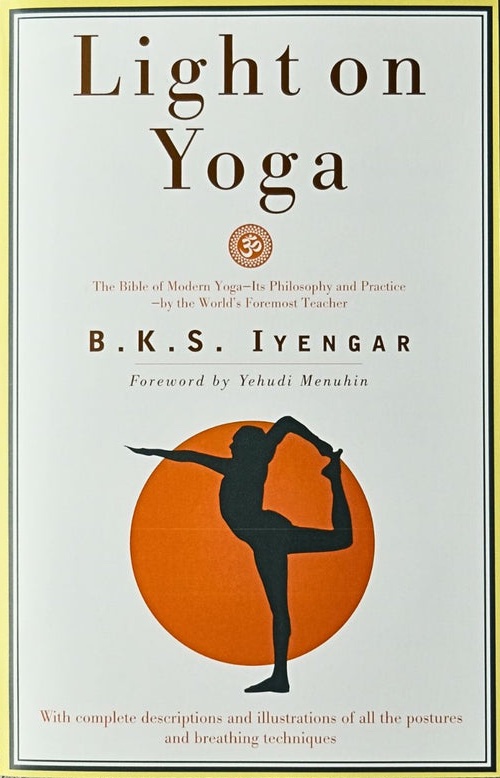
Key Insights & Memorable Quotes
Below are the most popular and impactful highlights and quotes from Light on Yoga:
“Breath is the king of mind.”
“Love begets courage, moderation creates abundance and humility generates power.”
“Happy is the man who knows how to distinguish the real from the unreal, the eternal from the transient and the good from the pleasant by his discrimination and wisdom. Twice blessed is he who knows true love and can love all God's creatures. He who works selflessly for the welfare of others with love in his heart is thrice blessed. But the man who combines within his mortal frame knowledge, love and selfless service is holy and becomes a place of pilgrimage.”
“The seeker should have faith in himself and in his master. He should have faith that God is ever by his side and that no evil can touch him. As faith springs up in the heart it dries out lust, ill-will, mental sloth, spiritual pride and doubt, and the heart freed from these hindrances becomes serene and untroubled.”
“The yogi uses all his resources - physical, economic, mental or moral - to alleviate the pain and suffering of others. He shares his strength with the weak until they become strong. He shares his courage with those who are timid until they become brave by his example. He denies the maxim 'survival of the fittest', but makes the weak strong enough to survive. He comes a shelter to one and all.”
“Ignorance has no beginning, but it has an end. There is a beginning but no end to knowledge.”
“The mind (manas) and the breath (prana) are intimately connected and the activity or the cessation of activity of one affects the other.”
“The yogi's life is not measure by the number of his days but by the number of his breaths. Therefore, he follows the proper rhythmic patterns of slow deep breathing. These rhythmic patterns strengthen the respiratory system, soothe the nervous system and reduce craving. As desires and cravings diminish, the mind is set free and becomes a fit vehicle for concentration.”
“Upeksa: It is not merely a feeling of disdain or contempt for the person who has fallen into vice (apunya) or one of indifference or superiority towards him. It is a searching self-examination to find out how one would have behaved when faced with the same temptations. It is also an examination to see how far one is responsible for the state to put him on the right path. The yogi understands the faults of others by seeing and studying them first in himself. This self-study teaches him to be charitable to all.”
“Avirati: This is the tremendous craving for sensory objects after they have been consciously abandoned, which is so hard to restrain. Without being attached to the objects of sense, the yogi learns to enjoy them with the aid of the senses which are completely under his control. By the practice of pratyahara he wins freedom from attachment and emancipation from desire and becomes content and tranquil.”
“It has been said by Kariba Ekken, a seventeenth-century mystic; 'If you would foster a calm spirit, first regulate your breathing; for when that is under control, the heart will be at peace; but when breathing is spasmodic, then it will be troubled. therefore, before attempting anything, first regulate your breathing on which your temper will be softened, your spirit calmed.”


